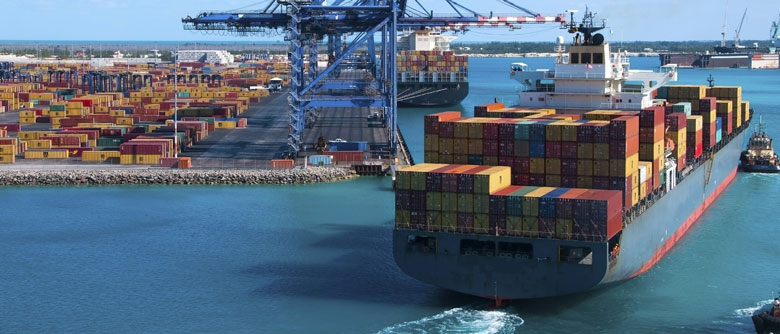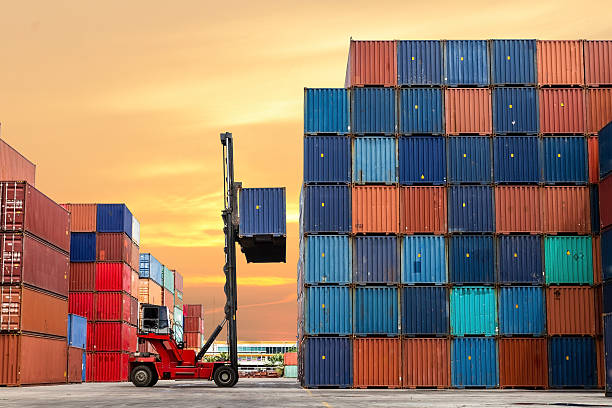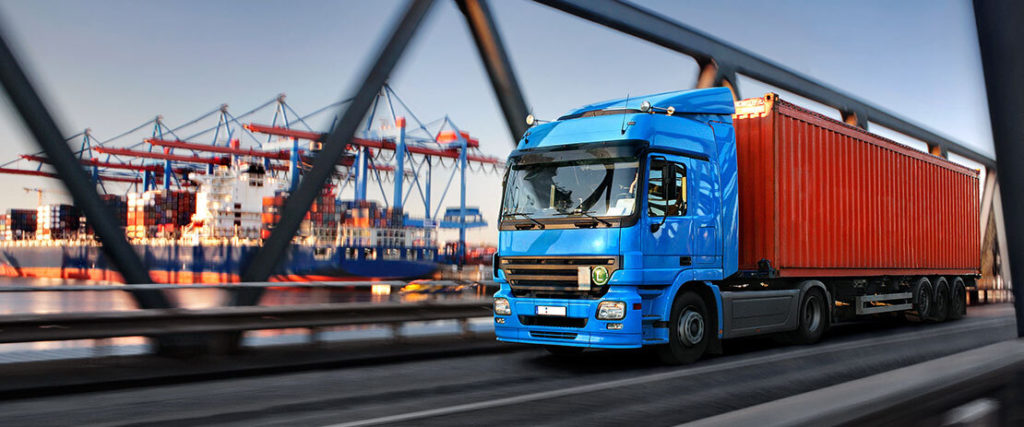Cargo insurance
Cargo insurance applies to the broadly understood transport of cargo (sea and inland waterways, but also road, air or rail). They can cover virtually all types of cargo, except those normally excluded from the insurance conditions (i.e. live animals, securities, personal luggage, etc.).
Cargo insurance covers damage caused to the cargo itself.
Other insurance products such as P&I insurance (or forwarder’s liability insurance in land insurance) are used to cover any consequential losses resulting from delays in transport, contractual penalties, damages resulting from improper packaging, cargo securing and loss in weight or volume due to its natural properties.
Cargo insurance may be concluded for the benefit of the cargo owner or the entity that bears the risk of loss, partial loss or damage to the cargo during transport, in accordance with the provisions of the transport contract.
There are three types of Institute Cargo Clauses: A, B and C, differing in the scope of protection offered:
- Institute Cargo Clauses (A) – cover all insurable risks (physical damage) related to the subject of insurance – all risks formula.
- Institute Cargo Clauses (B) and (C) – differ from variant (A) by adopting a different starting point. The insurance contract lists specific types of covered risks, with their scope in option (B) slightly wider than that offered in option (C)
As a rule, the insurance covers cargo during the entire transport process, and thus also the risks related to delivery to the port of loading and collection at the port of destination, risks related to loading activities, storage, including storage in the destination port, for up to 60 days from the date of arrival .



